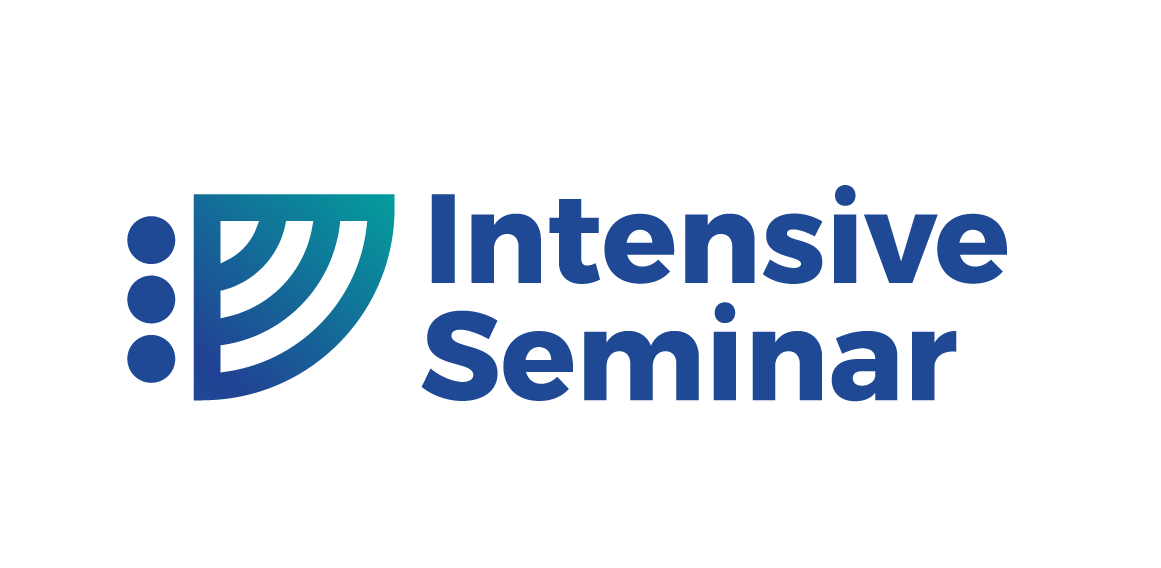Behavioral Design You Can Start Using Today
In Product Design, UX, Marketing, Policymaking, and Well-Being
This lecture will present a framework for behavioral diagnosis to be used in applying behavioral economics to drive individual and population behavior in business, policy, and health.
Traditional economic theory assumes that people act rationally and always maximize utility, yet we know that in fact people often act irrationally. The common explanation is lack of information, but we also know that simply providing information never lead to behavior change. What does lead to behavior change, then?
To help explain that we will examine the systemic interactions between the environment where a behavior occurs and the psychology and biases of our decision making.
We will discuss current practice in behavior diagnosis (e.g. 3B framework, Fogg model, nudge tools, SUE model), and illustrate them by examples, showing their strengths and weaknesses, and how they contribute to behavioral diagnosis. We will practice how to narrow in on key behaviors. We will discuss the most common heuristics. We will use examples to identify barriers which add friction to the desired behavior and benefits which will increase the subject’s desire to complete the new behavior. We will introduce three different ways to prompt behavior. We will discuss the present research on the most burning question: How to make the changes stick, so the lasting change will take you from where you are to where you want to be.
Then we will show students how they can immediately – that day – begin to put these practices into use in their own lives – careers, organizations, relationships, health and well-being.
Learning Objectives: Students will learn:
- How to differentiate between objectives and behaviors; how to identify key behaviors
- How to identify relevant heuristics, barriers and benefits
- How to move from one action to recurring behavior: how to create a habit

